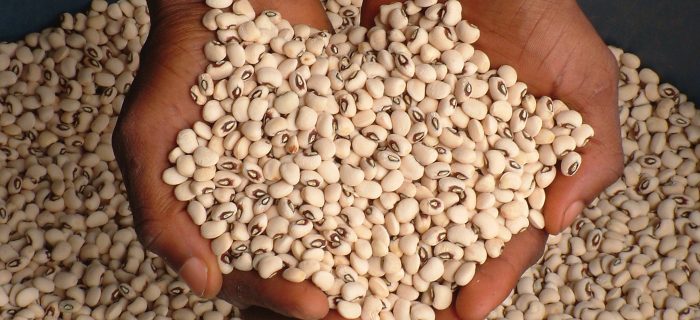Nyeleni Newsletter no. 27
The international Nyéléni newsletter is the voice of the international movement for Food Sovereignty.
The main goal of Nyéléni is to strengthen the grassroots of the movement by providing accessible material on key issues and creating a space for individuals and organizations involved in the struggle to exchange their experiences and share information. It would not be possible to produce the newsletter without valuable contributions from members of the movement in the form of articles, illustrations, knowledge and suggestions, as well as financial support.
Editorial : Smallholders’ markets
In practically every Indian town, vendors pushing handcarts move from one neighborhood to another, supplying customers with seasonal and perennial fruits and vegetables. By the coasts, fresh catch from small fishing boats are laid out for sale every morning and evening. Itinerant traders purchase fish from these markets and transport them to different villages. Daily fish and seafood markets are commonplace in every coastal area in the Asia-Pacific region. In Thailand, the best places to source traditional foods, herbs and spices are local fresh markets. In rural Cambodia, it is common to see small stands along the roads selling newly harvested corn, gourds, vegetables, seasonal fruits, palm sugar, and dried meats and fish. Similar scenes can be seen in many parts of the world, in varying climatic and geographic areas.
All this food, raw, cooked and preserved, is produced and sold by local small-scale farmers, fishers, pastoralists, livestock and poultry raisers, food processors and entrepreneurs—majority of them women—through different types of markets : temporary, permanent, travelling, direct deliveries, cooperatives, etc. Bulk of the food consumed in the world is produced by smallholders and workers, and channeled through “territorial markets,” which reflect the huge diversity of contexts that characterise small-scale food production and distribution. Territorial markets are an important source of employment and critical in battling hunger and poverty.
These markets increasingly face threats from corporate led super/hyper-markets, procurement, storage, certification and food safety systems. Corporations use neoliberal trade and investment agreements, and sophisticated marketing systems to control how food is produced, priced, distributed and consumed. Protecting and strengthening the markets of smallholders are crucial aspects of food sovereignty and restoring societal control over the economy.
Shalmali Guttal, Focus on the Global South
To view the newsletter:


 Help Food First to continue growing an informed, transformative, and flourishing food movement.
Help Food First to continue growing an informed, transformative, and flourishing food movement.




